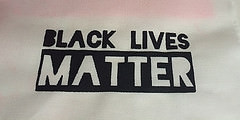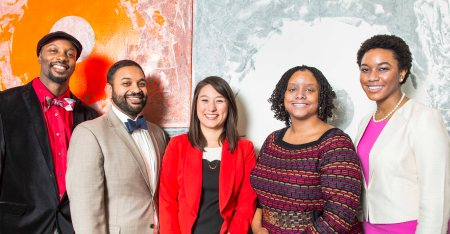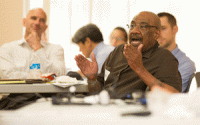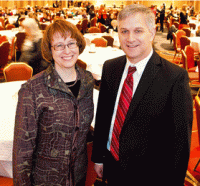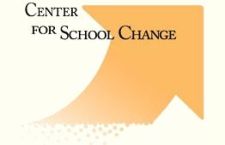Today we welcome Allison Johnson, one of our new Ron McKinley Philanthropy Fellows, who works at Headwaters Foundation for Justice and shares her thoughts on the recent MCF annual meeting.
Many of us had the opportunity to hear Albert Ruesga, president and CEO of the Greater New Orleans Foundation, speak at the recent MCF annual meeting. Ruesga’s central message to Minnesota’s philanthropic leaders was that the work of philanthropy is all about relationships. As a community organizer and a new Ron McKinley Philanthropy Fellow at Headwaters Foundation for Justice, his theme was music to my ears. And sometimes it takes a foundation executive from Louisiana to come to Minnesota in January and tell it like it is.
His presentation showed that many foundations publicly state that they value relationships with peer organizations, their grantees and the communities their grantees serve. At the same time, relationships and the time it takes to foster and maintain them are not often prioritized. How could this be, I wondered, in a progressive-minded state like ours with a strong reputation of working together to achieve the common good?
Ruesga hypothesized that our “Minnesota nice” culture, and even our long winters spent in isolation, might get in the way of making progress together on difficult social issues. We spent time during the meeting offering ideas of why relationships aren’t prioritized: lack of time, leadership changes at the top, competition among foundations to take credit for the work, among others.
One suggestion from the crowd stuck out to me as the most troubling. Someone in the audience offered up the idea that we don’t know how to listen to our grantees, and when we do listen, they may say things we don’t want to hear. Ruesga writes in his “Twenty Five Theses About Foundations” blog post that the biggest challenge to authentic relationship building in philanthropy is that foundations generally do not know how to relate to people and communities they aim to serve.
That assertion stings, right? We’re doing such great work, and yet we have much farther to go. We have so much to learn and gain from building relationships, particularly with people outside the sector of philanthropy who rely on our work to make theirs possible. For example, collaboration among grantees leads to better understanding of mutual issues and trends.
This fall, Headwaters Foundation for Justice will host a summit of our grantees to highlight common themes in the work for racial, economic, environmental and social justice in Minnesota. Hearing directly from our grantees who are leading efforts to engage their communities in systems-change work will help Headwaters live up to the value of “Do Nothing About Me Without Me” that is at the heart of our grantmaking.
I walked away from the MCF annual meeting challenged and energized to bring my own expertise in relationship-based community organizing to my foundation and to my new peers in this field. It’s my hope that all of us can think of one person, one grantee or one foundation with whom to connect with in the coming year to move the work forward in a relational and transformational way.
– Allison Johnson, 2015 Ron McKinley Philanthropy Fellow

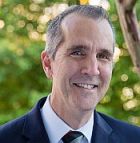



 Posted by MCF Webmaster
Posted by MCF Webmaster 